Blog
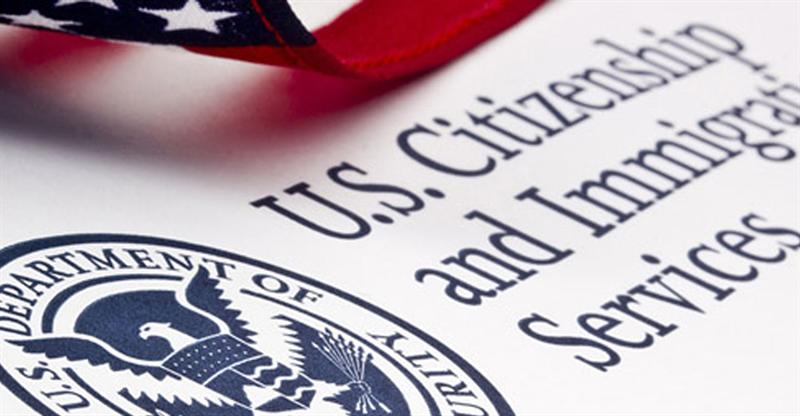
Reversal of Fortune: H-2B Visas vs H-1B Visas
H-2B visas, which allow skilled and unskilled workers to temporarily work in the United States, were previously considered by many as the “step-child” in the employment immigration scheme. They are a specialized area that many immigration attorneys avoided. The primary focus was on the H-1B worker, who had either a Bachelor’s or Master’s degree. Now, under the Trump administration, the tables have turned.

What to Consider When Choosing a Bankruptcy Attorney
When you are considering bankruptcy, the choices can be overwhelming. A simple Google search can provide an endless set of results. So, how do you know which bankruptcy attorneys are worth contacting? The following infographic takes a look at this in more detail.

What Does the New Supreme Court Decision on Rodriguez Bonds Mean For You?
Last week the Supreme Court issued a ruling in a case, Jennings v. Rodriguez, 583 U.S. ____ (2018), which upset a lot of us immigration attorneys that work with people who are detained. People detained in states belonging to the Ninth Circuit, such as California and Arizona were eligible for a Rodriguez bond hearing every six months, in which they could bond out if they could prove that they were not a flight risk or a danger to the community.
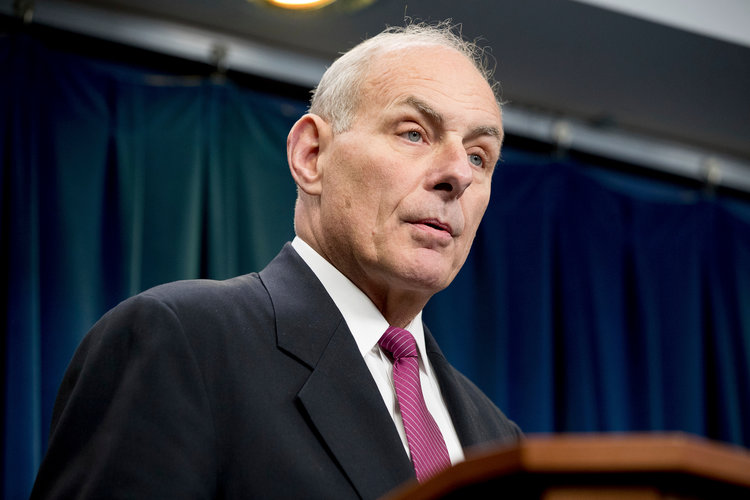
Secretary John Kelly Issues Two Memoranda Implementing Immigration Laws & Border Security
On February 20, 2017 the Secretary of the Department of Homeland Security (DHS) issued two companion Memoranda to Implement the President’s Executive Orders issued on January 25, 2017. In the Memorandum titled Enforcement of the Immigration Laws to Serve the National Interest DHS provided the following guidance:
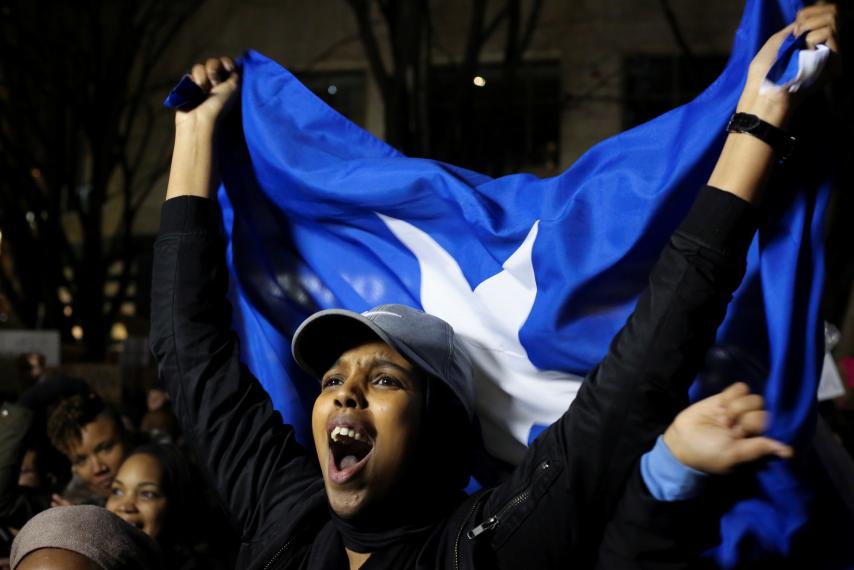
What Can a Somali Granted Asylum Do if Facing Deportation Under Trump Administration?
Lately there have been well-publicized raids in Minnesota and other parts of the country, in which immigration authorities have been cracking down on Somali immigrants who were granted asylum but then may have committed a crime and are now subject to deportation.
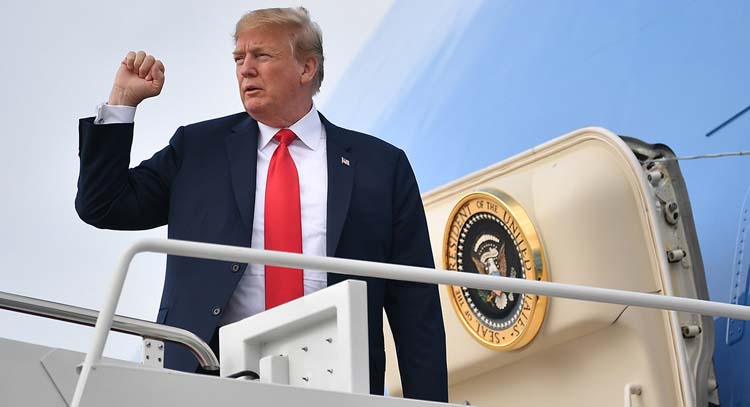
The Courts Respond to Trump’s Third Travel Ban
On October 17, 2017 the District Judge from the U.S. District Court in Maryland issued a nation-wide injunction prohibiting the imposition of the travel ban against nationals of all the listed countries in the President’s Proclamation 9645 except North Korea and Venezuela. On October 18, 2017 the District Judge from the U.S. District Court of Hawaii issued a nationwide temporary restraining order against the September 24, 2017 Proclamation, except for North Korea and Venezuela.
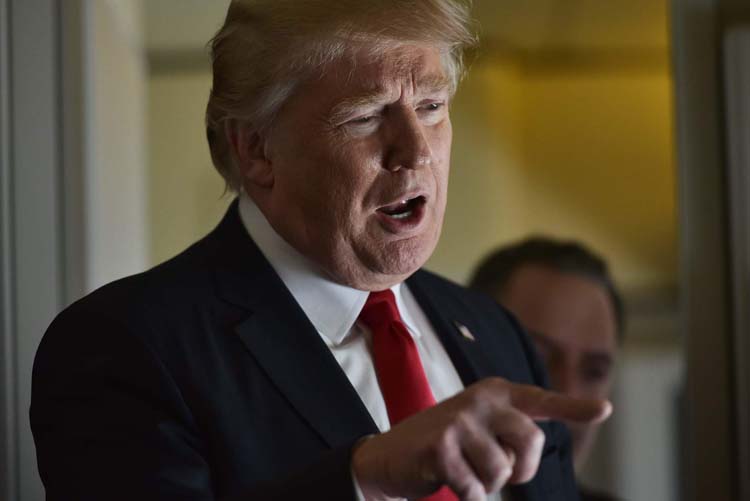
Trump’s 3rd Travel Ban
Enhancing Vetting Capabilities and Processes for Detecting Attempted Entry Into the United States by Terrorists or Other Public Safety Threats 9/24/2017 The main points of President Trump’s Proclamation 9645 are as follows…
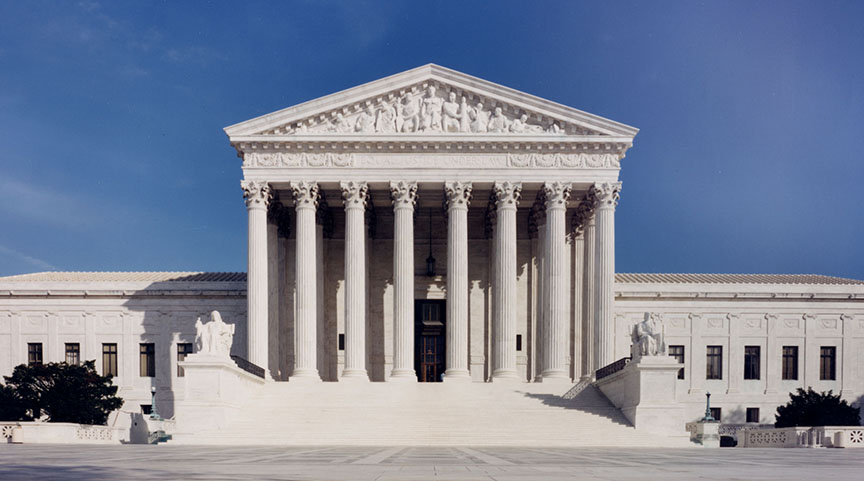
US Supreme Court Defines Close Family Relationship and Rules on Hawaii’s Court Injunction
In response to the U.S. Supreme Court ruling defining close family relationship, on July 13, 2017 the U.S. District Court for the District of Hawaii modified its preliminary injunction to include as close family members grandparents, grandchildren, brother and sister – in laws, aunts, uncles, nieces, nephews and cousins.
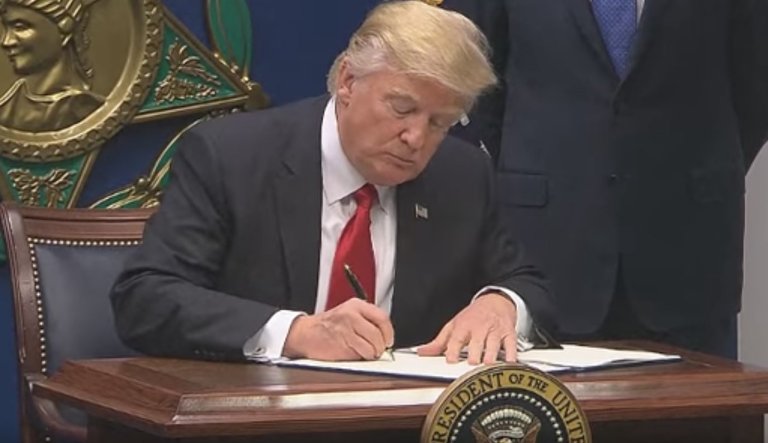
Guidance on the Travel Ban
On June 14, 2017 the President issued a memorandum to implement the second executive order in 72 hours. On June 26, 2017 the American Immigration Lawyers Association (AILA) issued the following guidance…
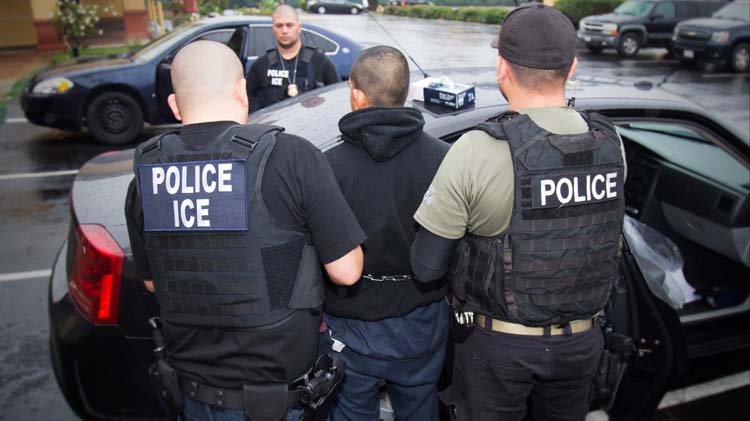
The American Immigration Council’s Overview of the Abuses That Resulted From the 287(g) Program
Section 287(g) of the Immigration and Naturalization Act became law as part of the Illegal Immigration Reform and Immigrant Responsibility Act of 1996 (also known as IIRAIRA). It allows state and local police officers to collaborate with the federal government to enforce federal immigration laws. According to the Council, in the past the program was costly and diverted state and local officers away from serious criminals.




